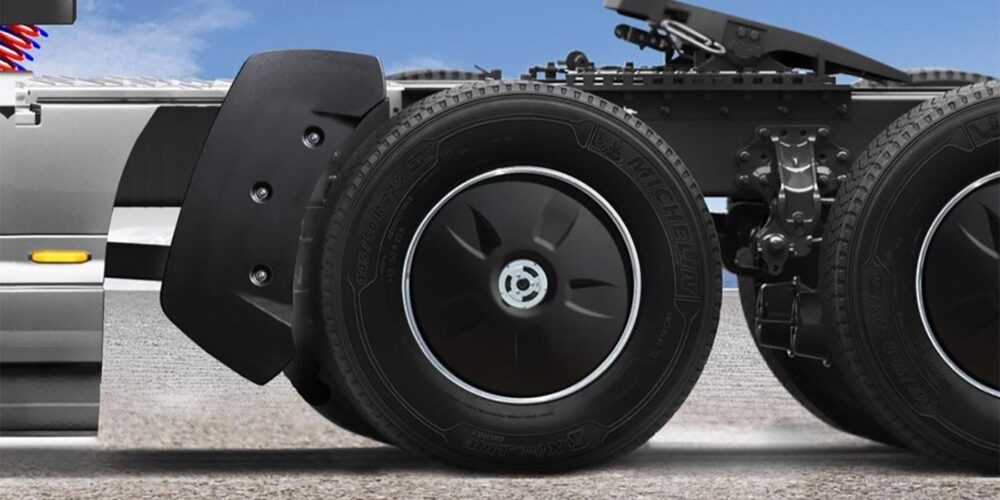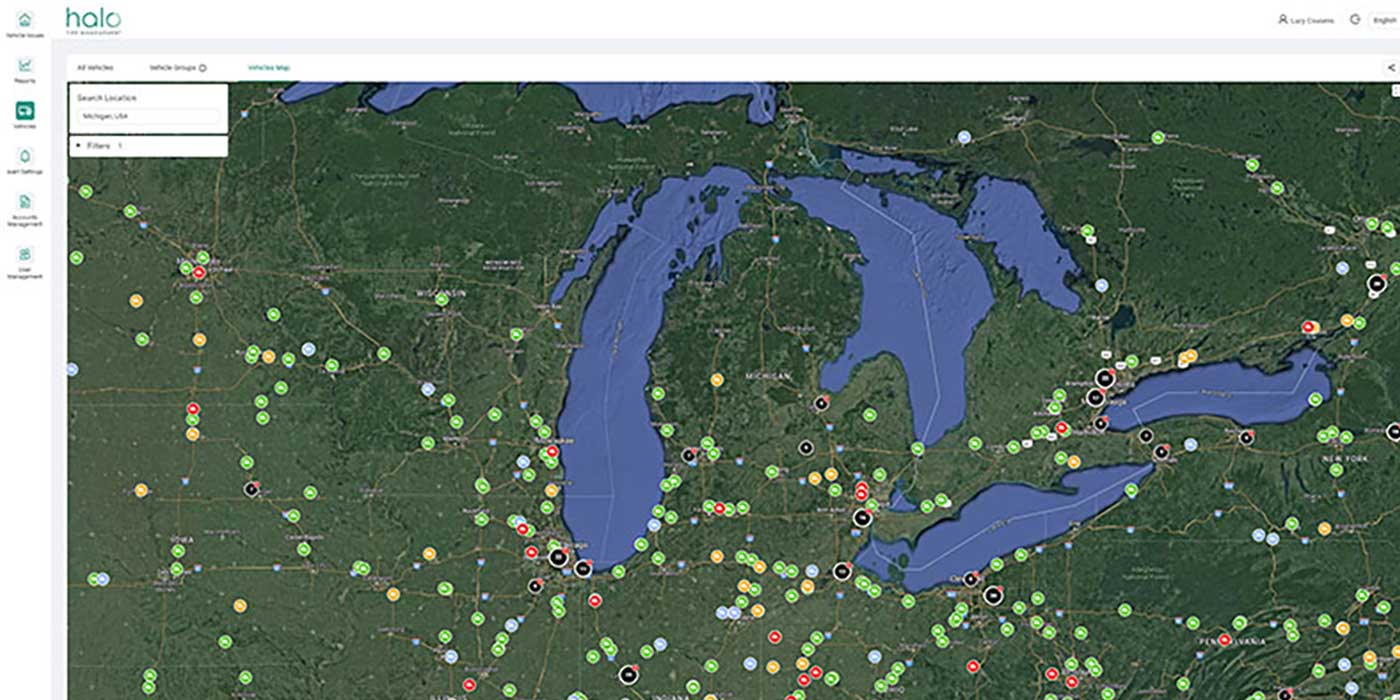This December we get a little extra bonus: Three changes in the way lube oils are identified and utilized.
First, the API will discontinue the use of the term “energy conserving” on their SL and SM passenger car motor oils (PCMO). The term is discontinued because the engine parts needed to run the laboratory engine tests are no longer available. The API SN classification will still contain the words “resource conserving,” because that test procedure is current and parts are available. Second and third are the introduction of the two new heavy-duty diesel oil (HDDO) performance categories, API CK-4 and FA-4. We’ve known the new PC-11 performance category (or categories) would be eventually developed since 2006.
As fleet managers should know, API CK-4 oils will see no major changes in oil viscosity and will be backward compatible. That means CK-4 oils can be used in engines developed prior to 2016. No one is worried about misuse of this new oil performance category.
The problem occurs with API performance category FA-4. This category is used to identify lower viscosity HDDOs, which will yield significantly better fuel economy than previous “C” category oils. These oils are to be used in 2017 and later engines specifically designed to utilize lower viscosity oils. These new oils are making oil marketers nervous.
There is a concern that a fleet will want to utilize FA-4 oils to maximize fuel economy, and thereby reducing operating expenses, but there are many pitfalls with this line of thinking if the industry isn’t properly educated on the details of the new categories. Older engine designs with looser clearances may well self destruct due to insufficient oil pressure if FA-4 is used. As we all know, a few engine failures and the accompanying lawyers can wipe out a lot of profit.
Want more insight from John Martin? Click here to see all of his columns.
How many people out there really understand what to look for when evaluating a thinner oil? I read an interesting report on the self-inflicted complexities of the development of new oil performance categories by the additive chemical, engine and oil industries entitled “Choking on Complexity” in a recent issue of Lubes ‘N’ Greases magazine. Hopefully, it’s a sign that the details are being communicated and it will open some eyes to the uses of the new categories.
For example, it takes $1 million to $1.3 million to run all the tests required by the CK-4 performance category one time. The article makes the point that these extremely high developmental costs slow development and stifle innovation. That’s one of the reasons motor oil is so expensive today.
I agree 100%. During my career, I saw lube oil development go from a cooperative research effort on the part of additive suppliers, engine builders and oil suppliers conducted by scientists to what we have today. It’s difficult when new oil products are subjected to marketing departments. I know of one instance where a industry participant lobbied to get specifications detrimental to us because he had to purchase higher performance chemicals.
Costs go up, oils evolve, growing more complicated, and the end user needs educated on the benefits and reasons for this. Additionally, we should let the scientists, not the marketing people and EPA politicians, decide when oil specifications should change and develop the necessary tests to prove these higher levels of performance as rapidly as possible.
That’s one of the reasons why participation in TMC activities is so important. End users can gather and articulate their operational concerns, and technical people can rapidly determine what can be done to improve the situation. That way everyone can be more responsive to changing customer needs.














